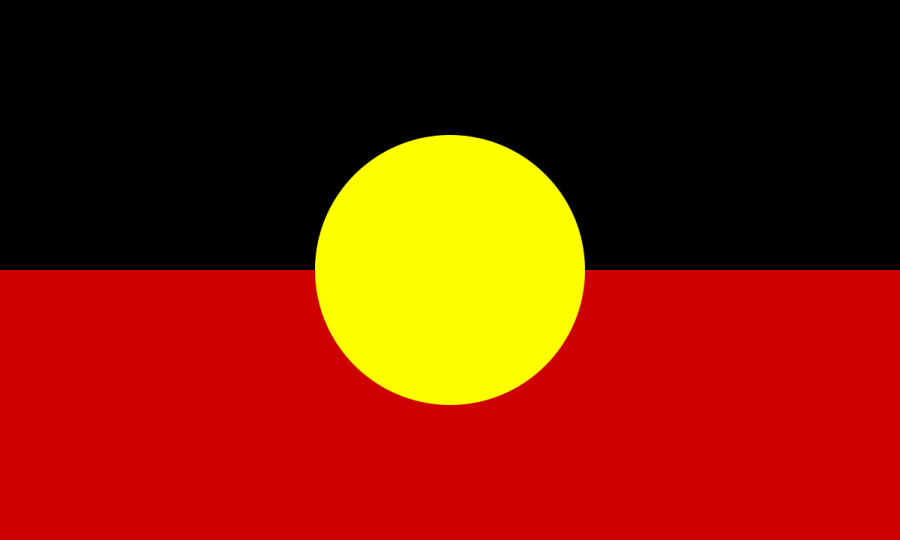A new wave of racism against indigenous peoples is emanating from figures so hallowed they are intimidating to confront. But confront them we must; and recognize their words and deeds for what they are. The mistakes of the past are too egregious. We cannot tolerate their recurrence.
Let’s start with Pope Benedict XVI’s blasphemy in Brazil in May, when he told a group of Latin American and Caribbean bishops that indigenous peoples had welcomed the Roman Catholic Church five centuries ago. According to the pope, “The proclamation of Jesus and of his Gospel did not at any point involve an alienation of the pre-Columbus cultures, nor was it the imposition of foreign culture.” He further indicated his view that the current revival of indigenous religions is a backwards step. After Brazilian Indians expressed outrage at his remarks, the pope publicly acknowledged that colonizers had inflicted violence on indigenous populations, but did not retract or apologize for his earlier statements.
Then there is Australia’s latest response to a sex abuse scandal in its Northern Territory (see “For the Children,” page 6). Its parliament, led by conservative prime minister John Howard, rushed into law a new “tough love” policy that allows the federal government to take control of Aboriginal townships through five-year leases with no plan for compensating traditional owners. The policy also introduces alcohol and pornography bans, and, to reduce the amount of cash available to purchase alcohol, it quarantines welfare payments with no right of appeal (non-Aborigines elsewhere in the country are entitled to appeal if welfare payments are quarantined). The legislation was exempted from the country’s Racial Discrimination Act.
When you read this, the UN General Assembly will have taken action on the Declaration on the Rights of Indigenous Peoples. But during the process, a handful of developed states, particularly New Zealand, Canada, Australia, and Russia, churned up anti-indigenous-rights sentiment among African states to further the developed states’ goal of defeating the declaration. It was an act that smacked of a very sophisticated form of racial discrimination: powerful white governments essentially manipulated black governments to act as agents of discrimination to undermine the rights of indigenous peoples.
Racial tensions have even marred politics within indigenous communities. In the United States, the Cherokee Nation voted earlier this year to exclude the Cherokee Freedmen. These are black and multiracial Indians who fled slavery and found sanctuary with the tribe and then were forced west with their Cherokee brethren to Oklahoma along the Trail of Tears. Cherokee leaders argue that it is their tribal right to determine who is a member of the tribe. But for the 2,800 disenrolled Freedmen, the decision is a wounding blow to their identity, not to mention their well-being. As a result of the decision they will lose their share of tribal housing, healthcare, voting, and other rights. The decision has sent shudders through mixed-race Indians from other tribes. They worry that Native American tribes have absorbed discriminatory attitudes long directed against them by whites.
In 2001, the world community met in Durban, South Africa, to expand the tools for combating racism in a globalizing world. Racism directed against indigenous peoples was one of the conference’s central concerns. The final conference resolution recognized that indigenous peoples have been victims of discrimination for centuries (take note, Pope Benedict). It emphasized that, in order for indigenous peoples freely to express their own identity and exercise their rights, they should be free from all forms of discrimination (take note, Prime Minister Howard). Further, the resolution asserted that indigenous peoples should fully and equally enjoy all civil, political, economic, social, and cultural rights, as well as the benefits of sustainable development, without compromising their distinctive characteristics or their own initiatives (take note, opponents of the Declaration on the Rights of Indigenous Peoples) and stressed the need for action to overcome persistent racism and related intolerance against them (that includes you, Cherokee Nation).
Racism is insidious and cruel. Its destructive effects extend for generations, even centuries. To stop discrimination in its tracks, those individuals and governments with the highest moral authority must consistently recognize it, condemn it, and affirm the supreme importance of multi-ethnic, multicultural, multilingual societies that respect the rights of indigenous peoples. As South African President Thabo Mbeki implored the delegates at the World Conference against Racism in Durban, we must all work together to rid the world of the demon of racism.

